
The House of Representatives has launched an investigation into the alleged non-payment of scholarship stipends to Nigerian students studying locally and overseas, following reports that many beneficiaries are now facing financial distress.
The probe is being handled by the House Committee on Student Loans, Scholarships, and Higher Education Financing, chaired by Ifeoluwa Ehindero.
The investigation seeks to ensure that Federal Government-funded scholarship programmes are administered efficiently and transparently, in line with the terms contained in award letters.
The scholarships, offered under the Federal Government’s Bilateral Education Agreement, are designed to support Nigerian students studying in partner countries.
Beneficiaries are entitled to monthly stipends, allowances for feeding, transport, books and equipment, health insurance, warm clothing, take-off grants, and travel arrangements to and from their host countries.
The scheme aims to strengthen human capital development and equip Nigerian youths with skills that contribute to national growth.
At Wednesday’s investigative hearing, parents of affected students—under the Forum of Parents and Guardians of FGN BEA Scholarship Recipients, Abuja—raised concerns over prolonged delays in stipend payments and the hardships their children face abroad.
Chairman of the Forum, Ponfa Wuyep, told the committee that, “The scholarship programme had been progressing steadily in various countries, with many Nigerian alumni contributing significantly to national development.
“While host countries have adhered to the BEA terms, Nigeria has consistently lagged in paying stipends to its scholars. Over the past three years, this situation has worsened, violating the contractual agreements outlined in the award letters.”
The parents noted that award letters issued as far back as 2018 guaranteed monthly supplements of $500, annual allowances of $600 for feeding, transport and books, a $250 warm clothing allowance, $200 for health insurance, a $60,000 take-off grant, and travel arrangements.
A similar award letter issued in September 2022 reaffirmed these entitlements.
Wuyep further explained that exchange-rate fluctuations in 2023 and 2024 resulted in partial payments, while no stipends have been paid at all for the 2025 fiscal year.
“The delays have severely hindered students’ ability to cover basic living expenses, jeopardizing their health, safety, and academic performance.
“Outstanding arrears from 2023 and 2024 continue to accumulate, creating prolonged financial distress for the scholars,” the parents said.
In his remarks, Speaker Tajudeen Abbas, represented by David Agada, expressed concern over the delayed payments, warning that such setbacks could damage students’ academic progress and morale.
He assured all that the committee’s findings would form the basis for reforms to prevent future delays.
“A nation that sends its students abroad must be committed to funding them, guiding them, and protecting their dignity as an investment in the country’s future,” he said.
He added that the committee would investigate the root causes of the delays, review the status of scholarship funds released, and ensure that due process, fairness and accountability are upheld to prevent a recurrence.



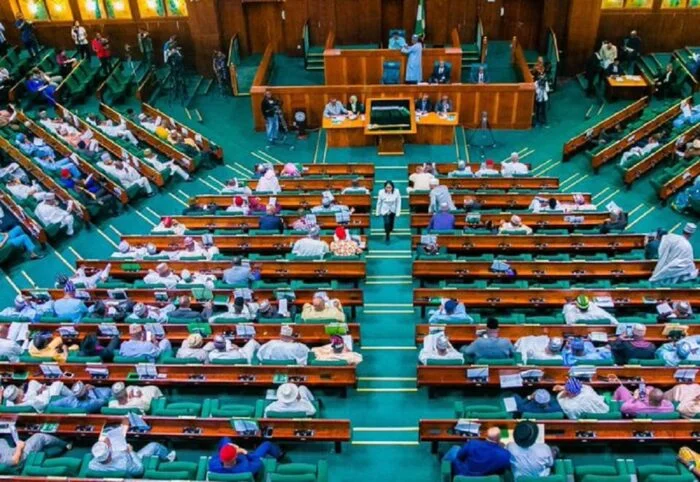


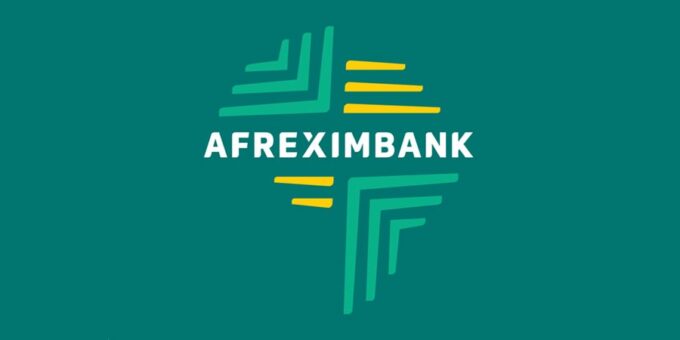

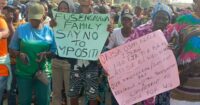


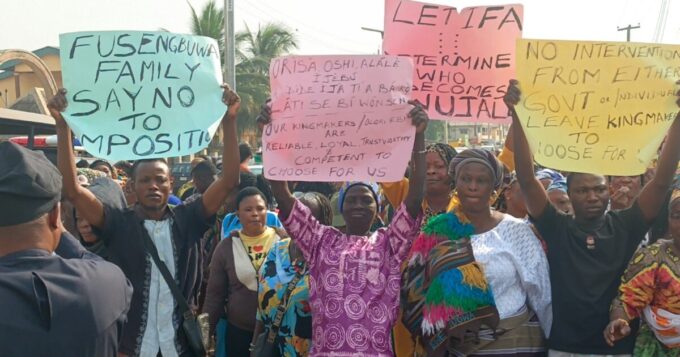
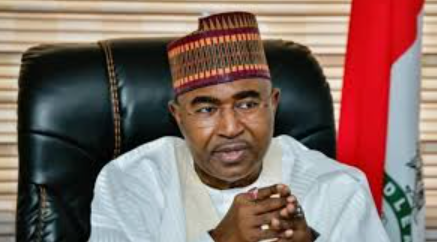


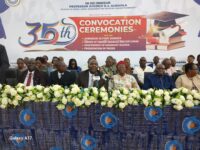
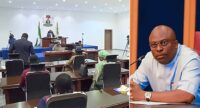

Leave a comment